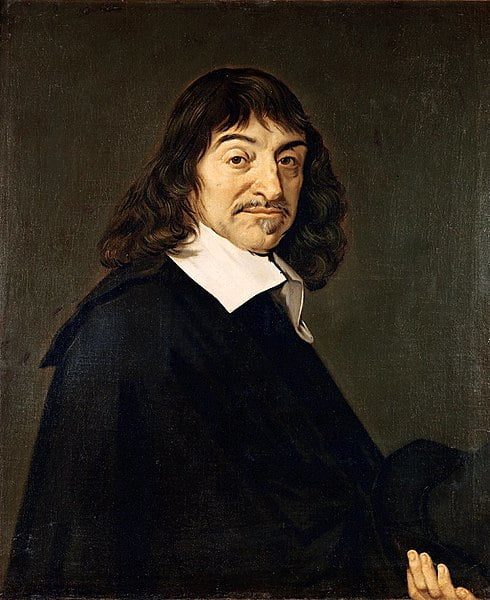Read Next
June 28, 2020
Galileo Galilei
June 28, 2020
Gottfried Wilhelm Leibniz
June 28, 2020
Gregor Mendel
June 28, 2020
Henri Becquerel
June 28, 2020
Ibn Al Haytham
June 28, 2020
Isaac Newton
June 28, 2020
James Clerk Maxwell
June 28, 2020
James Watson
June 28, 2020
Johannes Kepler
June 28, 2020
Louis Pasteur

